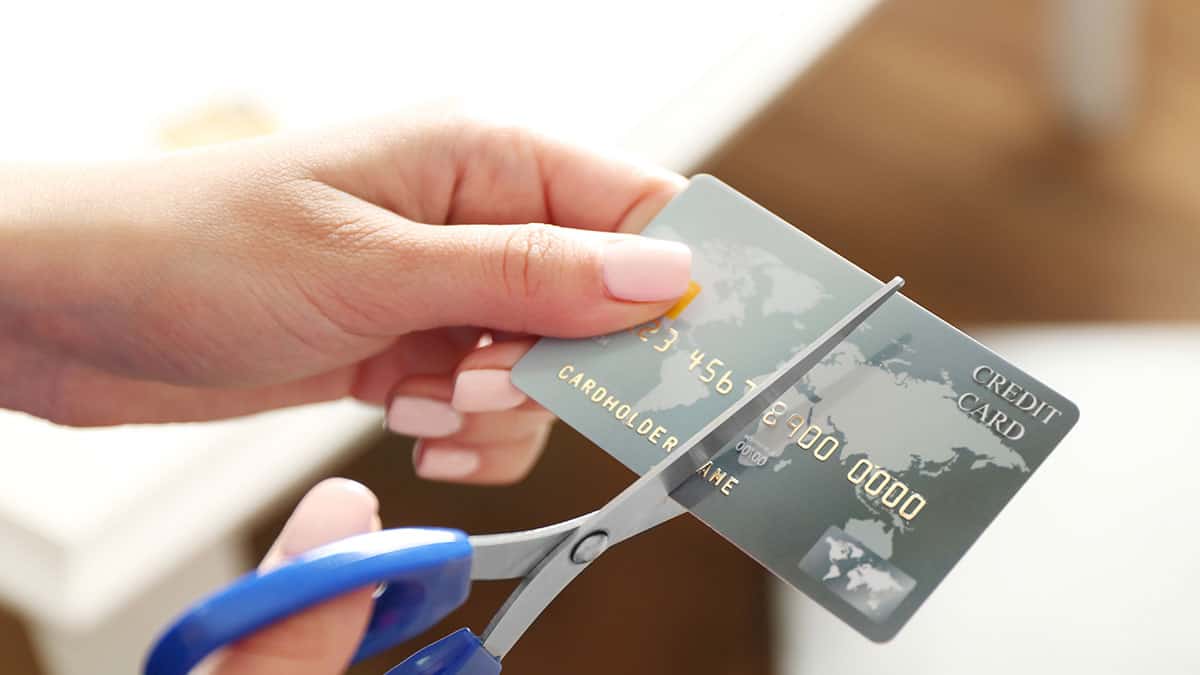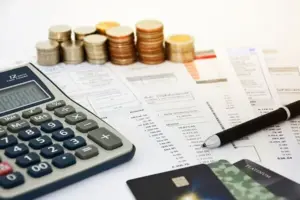Understanding the Credit Card Debt Cycle
Credit card debt can quickly snowball if left unchecked. It often starts with a single swipe for a purchase that feels manageable, but interest rates can transform it into a financial burden. The key issue lies in minimum payments—they prevent significant reductions in the principal amount while allowing interest to accrue. Understanding this cycle is crucial if you want to break free from its hold. By recognizing how compounding interest and poor repayment habits contribute to your debt, you can begin to regain control.
Assessing Your Current Debt Situation
Before tackling credit card debt, it’s important to get a clear picture of where you stand. Gather all your credit card statements and add up your balances to determine the total amount you owe. Note down the interest rates on each card and the minimum payments required. Understanding how much you owe and to whom can create a sense of urgency and clarity. Once you see the big picture, you can develop a strategy to work toward reducing these balances.
Creating a Realistic Budget
A well-planned budget is a foundational tool for managing debt. Start by reviewing your monthly income versus your expenses. Categorize your spending into fixed costs, like rent and utilities, and variable costs, such as dining out or shopping. Identify areas where you can cut back and redirect that money toward your debt payments. Budgets aren’t meant to be restrictive—they are tools to help you prioritize your financial goals while maintaining your essential needs.
Exploring Debt Repayment Strategies
When it comes to paying off credit card debt, strategies like the “avalanche method” or the “snowball method” can help streamline your efforts. The avalanche method focuses on paying off cards with the highest interest rates first, saving you money in the long run. On the other hand, the snowball method involves paying off smaller balances first, giving you a sense of accomplishment and motivation. Choose the strategy that works best for your personality and financial situation, and stick to it consistently.
Negotiating with Credit Card Companies
Many people don’t realize that negotiating with credit card companies is a viable option. If you’re struggling to make payments, contact your credit card issuer to discuss alternatives. They might lower your interest rate, waive late fees, or offer a hardship payment plan. Be polite but firm—credit card companies are often willing to work with you, as they’d rather recover some of the money owed than risk you defaulting altogether.
Seeking Professional Help
If your debt feels insurmountable, seeking the help of a professional might be the right move. Credit counseling agencies can offer guidance on how to manage your finances and negotiate better terms with your creditors. Debt consolidation might also be an option, where your debts are rolled into a single lower-interest loan. However, be sure to choose reputable organizations to avoid scams and protect yourself from worsening your financial situation.
Building Better Financial Habits
Reducing credit card debt is only half the battle. To stay debt-free, you need to develop better financial habits. Make it a point to pay your balances in full each month when possible and avoid unnecessary purchases. If you tend to overspend, set spending limits on your credit cards or stick to cash for discretionary expenses. Learning to live within your means is key to preventing future debt.
Staying Motivated and Avoiding Future Debt
Paying off credit card debt can be a long, often frustrating process, so staying motivated is essential. Celebrate small victories along the way—whether it’s paying off one card or hitting a specific milestone. Visual reminders of your progress, like a debt-reduction chart, can help keep you focused. At the same time, avoid slipping back into bad habits by evaluating purchases carefully and ensuring they align with your financial goals.
FAQ
Can reducing credit card debt improve my credit score?
Yes! Paying down high balances reduces your credit utilization ratio, one of the major factors in calculating your credit score.
Should I stop using my credit card while paying off debt?
If you’re struggling to control spending, it’s a good idea to pause credit card usage. However, keeping credit cards open (even with zero balances) can positively impact your credit history and score.
What should I do if I can’t manage minimum payments?
If minimum payments are unaffordable, contact your credit card issuer immediately to discuss hardship programs or adjusted repayment options.
Are balance transfer cards smart for debt repayment?
Balance transfer cards can help by offering a lower interest rate, but proceed cautiously. Ensure you can pay off the transferred balance before promotional rates expire.
Reducing credit card debt takes time, discipline, and a solid plan. By understanding your situation and implementing these strategies, you can work toward financial freedom and a more secure future.




